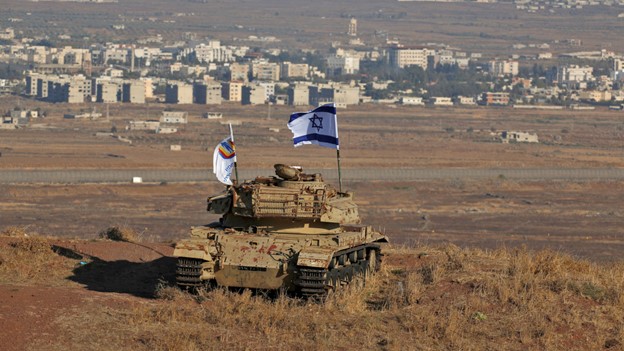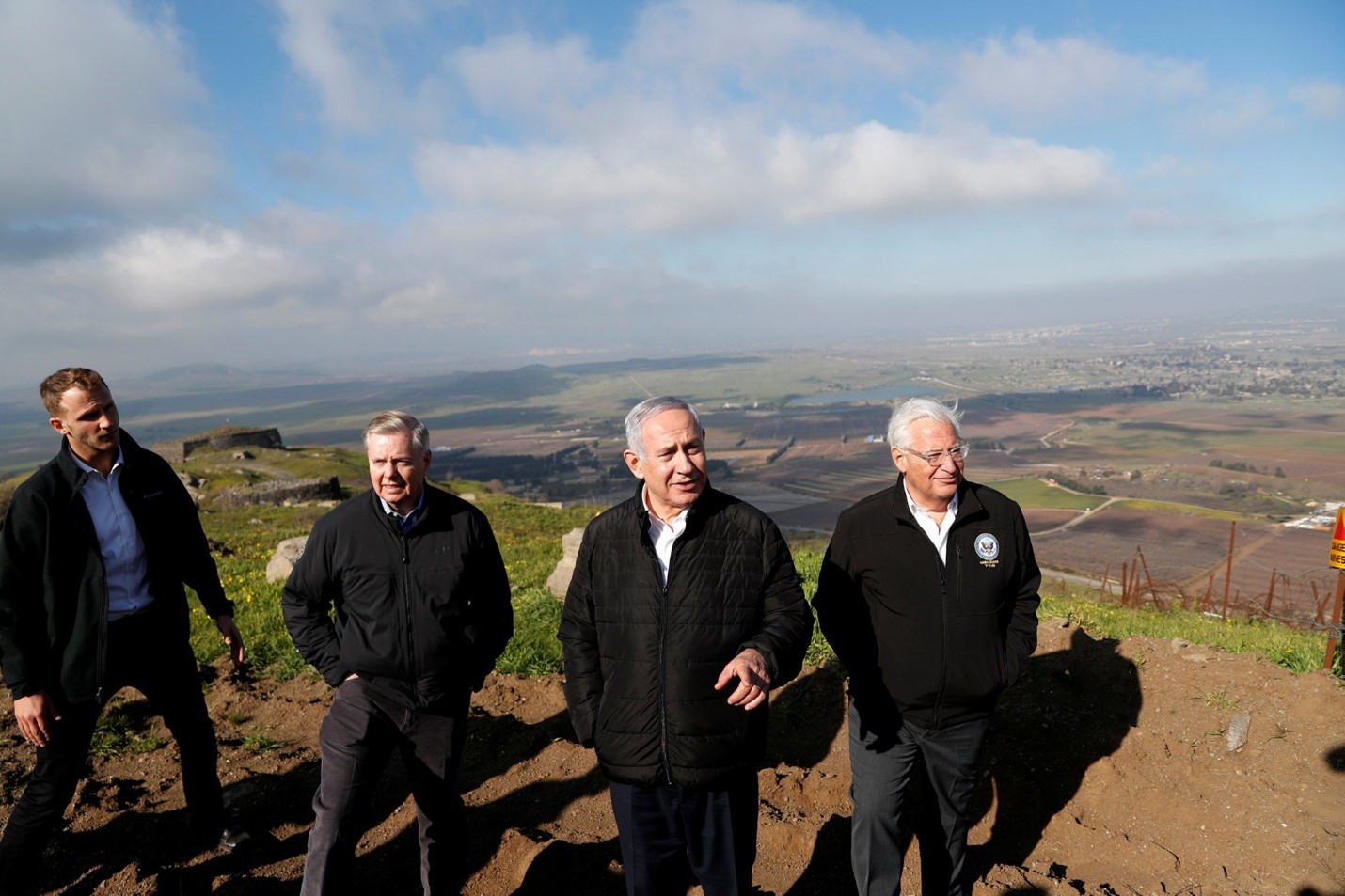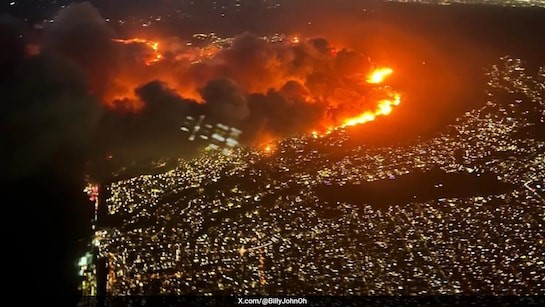Israel’s government has approved a controversial plan to expand settlements in the occupied Golan Heights, doubling the Israeli population in the territory and further solidifying its hold on the region.
According to the reports received by sources of Leaders team, Prime Minister Benjamin Netanyahu defended the decision, citing increased instability along Israel’s border with Syria following the fall of the Assad regime to an Islamist-led rebel coalition. “A new front has opened up on our border with Syria,” Netanyahu said, adding that Israel had “no interest in a conflict with Syria” but would act in line with the “reality on the ground.”
Controversial Expansion
Israel captured the Golan Heights from Syria during the 1967 Six-Day War and annexed the territory in 1981, a move widely regarded as illegal under international law. More than 30 Israeli settlements currently house about 20,000 Israelis in the region, alongside 20,000 Syrians, mostly Druze Arabs.
Despite international condemnation, Netanyahu announced plans to further develop the area, saying Israel would “continue to hold on to [the territory], make it flourish, and settle it.”
Former Israeli Prime Minister Ehud Olmert criticized the move, questioning its timing and rationale. “We have enough problems to deal with,” Olmert said, adding that expanding settlements risked exacerbating tensions with Syria’s new leadership.
Syria’s Changing Dynamics
The recent regime change in Syria has added another layer of complexity to the Golan Heights issue. Rebel factions led by the Islamist group Hayat Tahrir al-Sham (HTS) captured Damascus earlier this month, forcing President Bashar al-Assad to flee to Russia. HTS leader Ahmed al-Sharaa, also known as Abu Mohammed al-Jolani, is now heading efforts to form a transitional government.

As per the sources of Leaders team, Al-Sharaa has criticized Israel’s ongoing military strikes in Syria, which have targeted facilities to prevent arms transfers to extremist groups. He warned that Israel’s actions “crossed red lines” but acknowledged that Syria’s “war-weary condition” made any confrontation unlikely.
International and Regional Reactions
Netanyahu’s settlement expansion announcement has drawn criticism both domestically and internationally. The United Nations continues to view Israeli settlements in the Golan Heights as a violation of international law, while regional actors are cautiously monitoring the unfolding dynamics in Syria.
Meanwhile, Turkey’s Defense Minister Yasar Guler indicated Ankara’s willingness to support Syria’s transitional government, signaling a potential shift in regional alliances. The U.S. has also engaged in tentative talks with HTS, despite its official designation as a terrorist organization.
Implications for Peace and Stability
The Golan Heights expansion reflects Israel’s strategic priorities amid regional instability, but it risks inflaming tensions with Syria’s new leadership and the international community. As Syria rebuilds under a transitional government, the question of territorial sovereignty over the Golan Heights remains a contentious issue, casting uncertainty over the path to peace in the region.
This latest move underscores the broader challenges of navigating the volatile political and security landscape in the Middle East, as regional players and global powers grapple with shifting alliances and unresolved conflicts.









